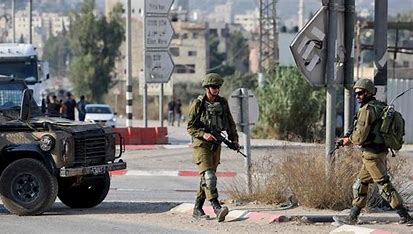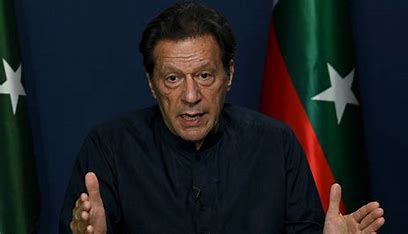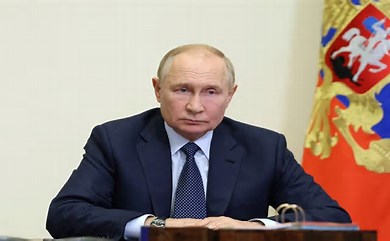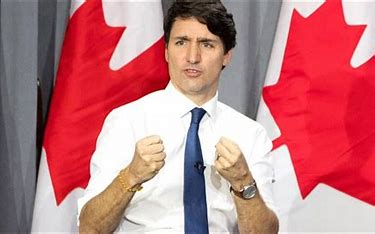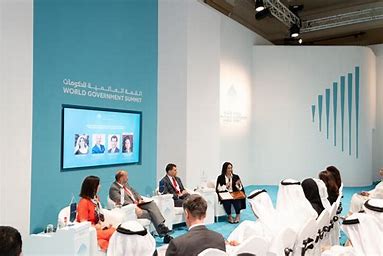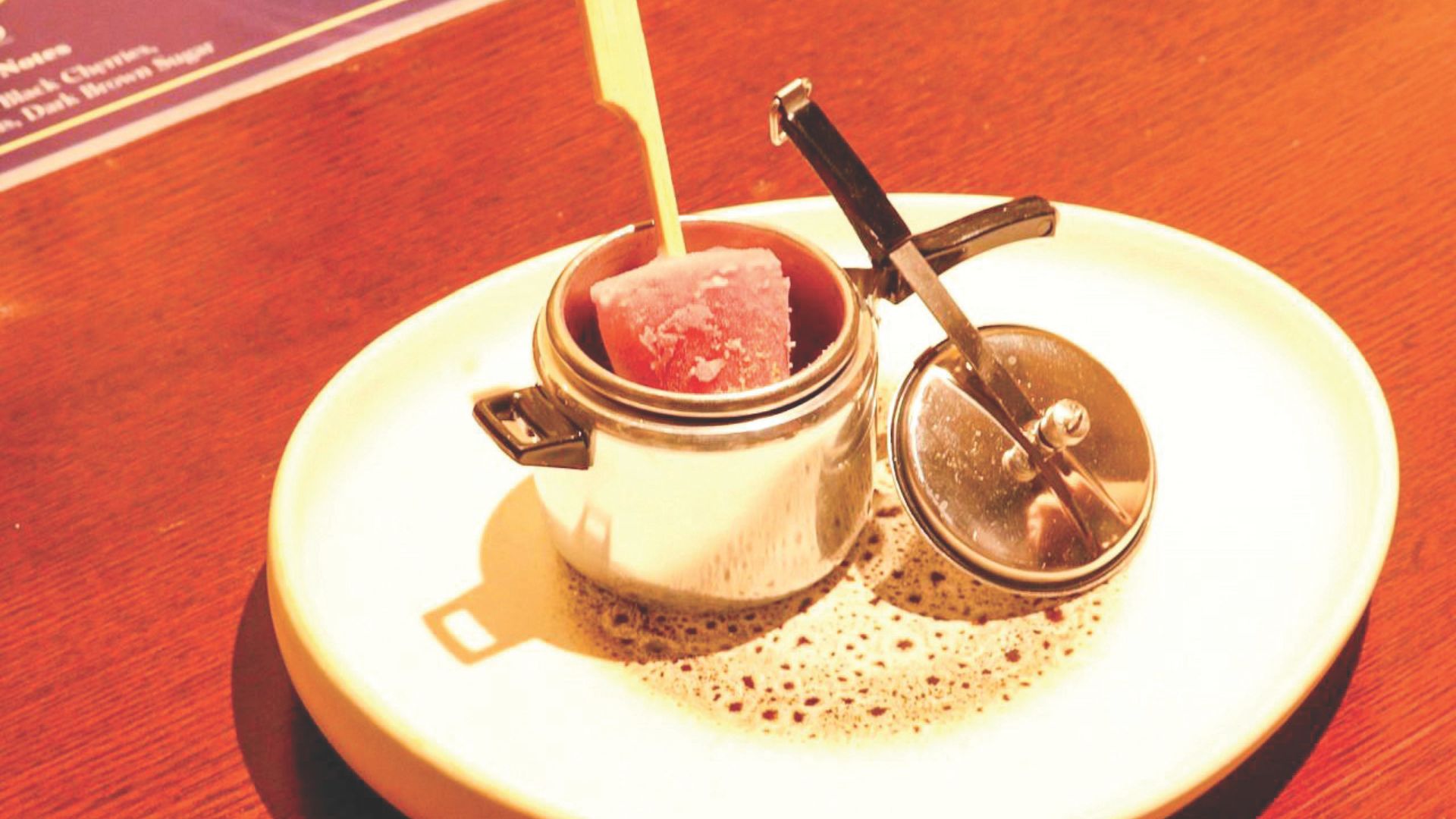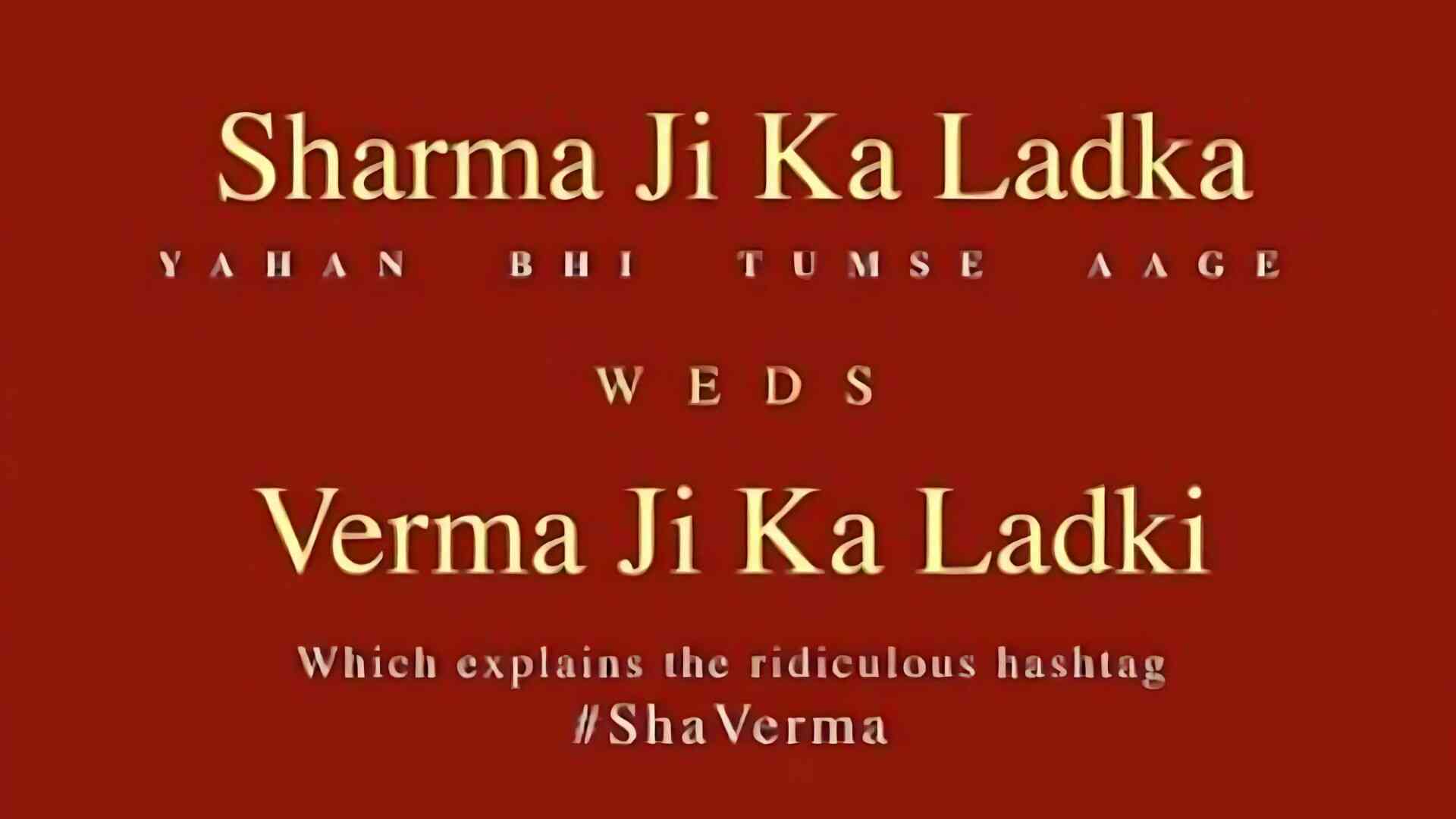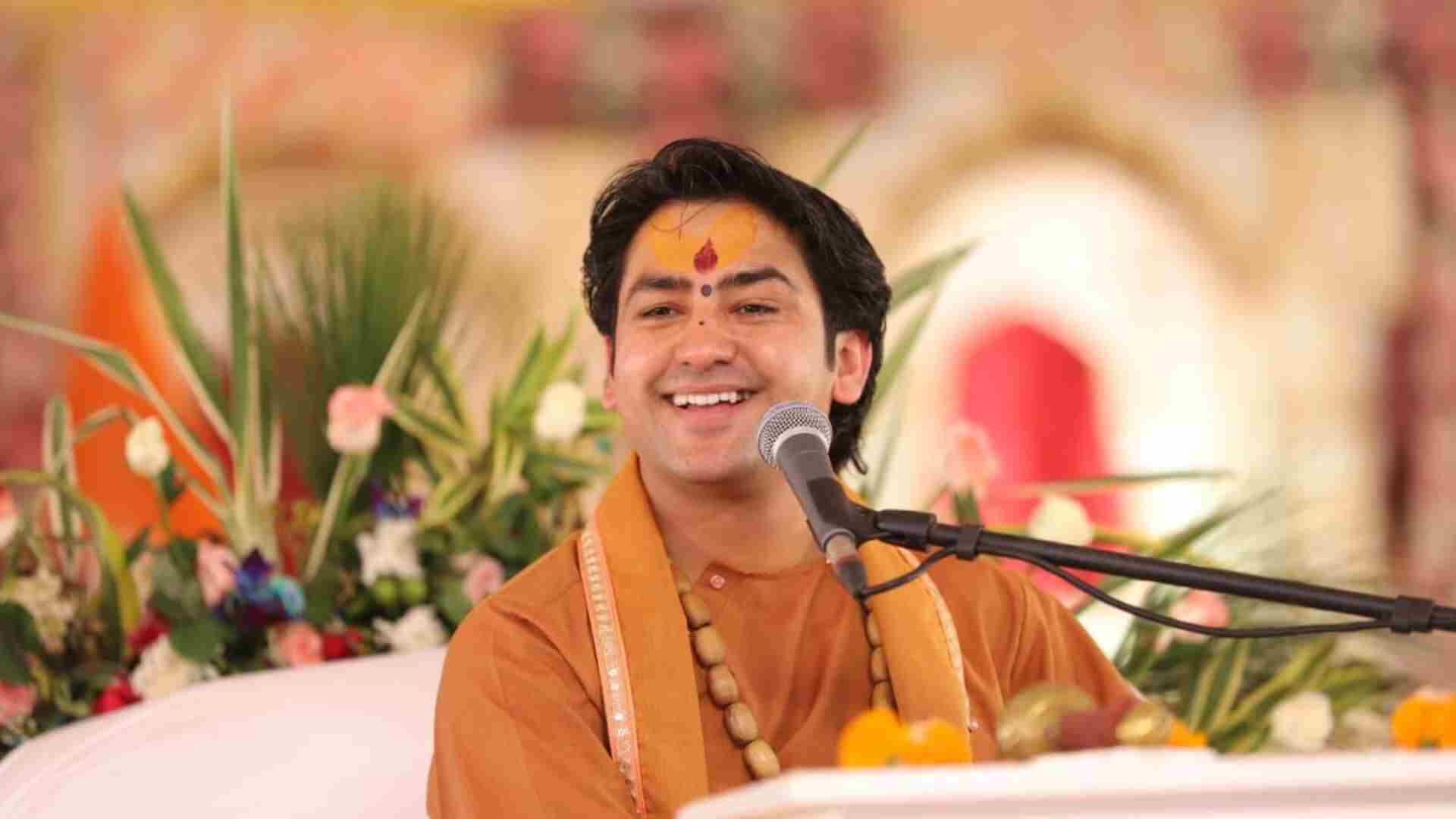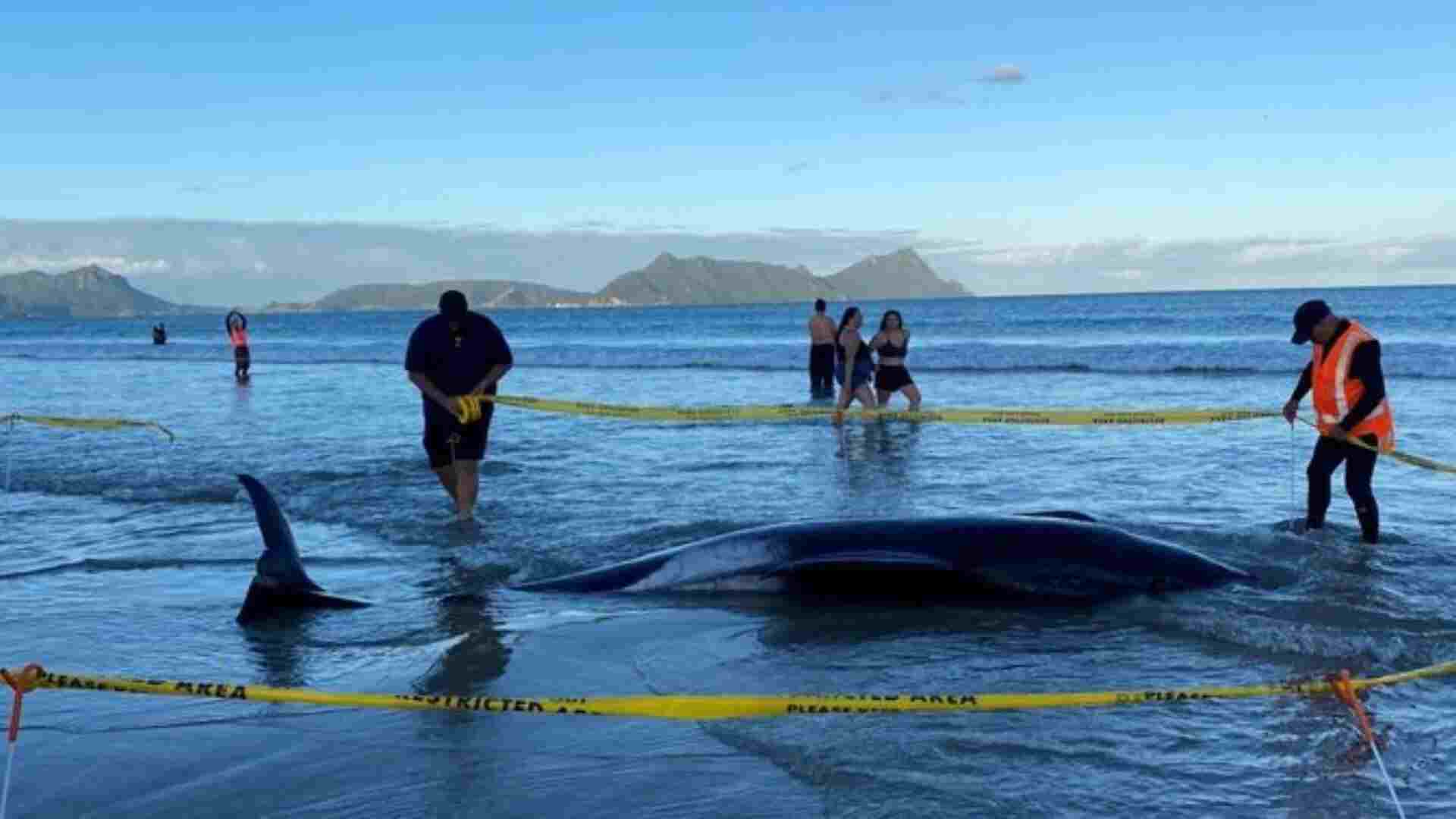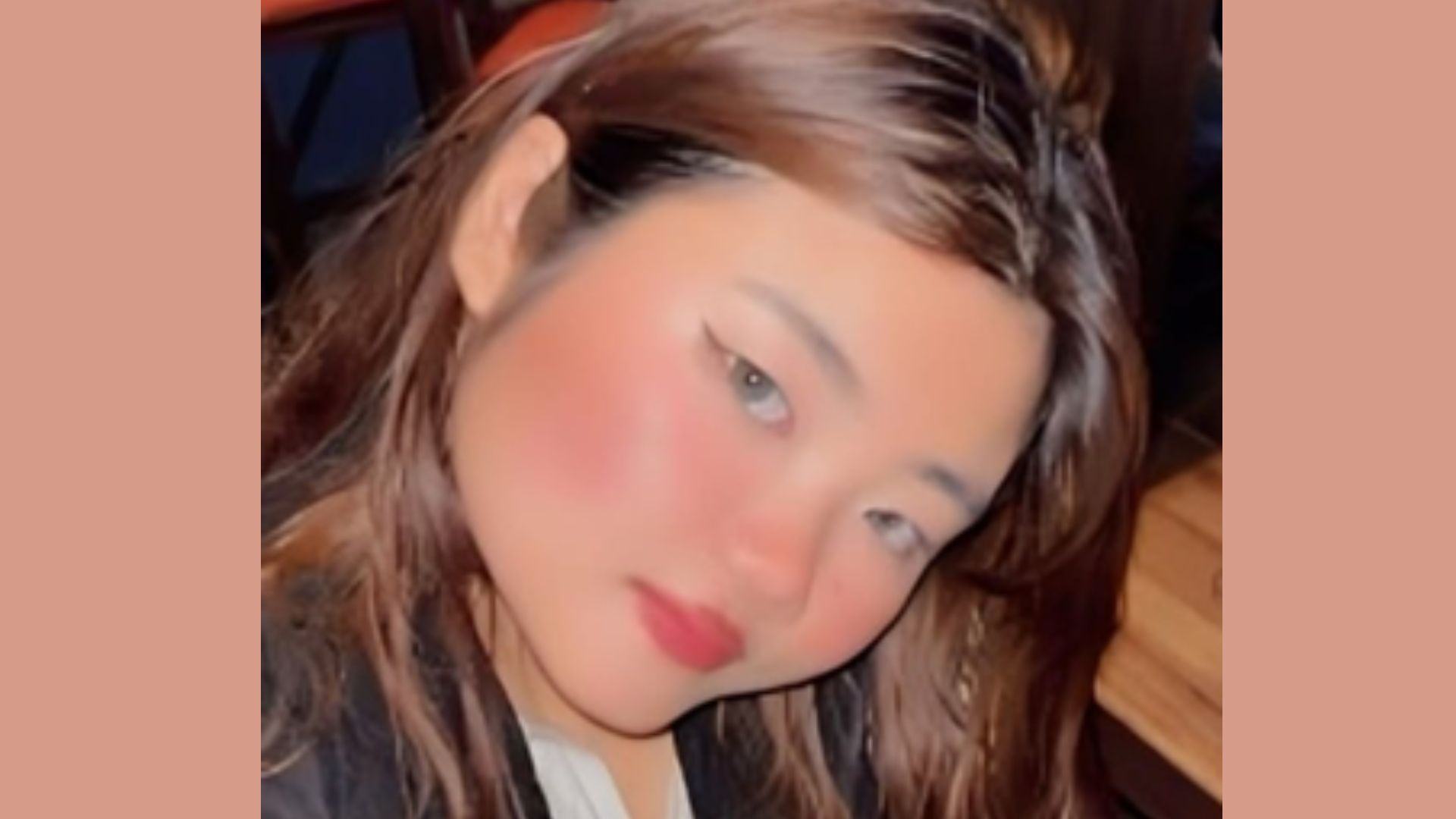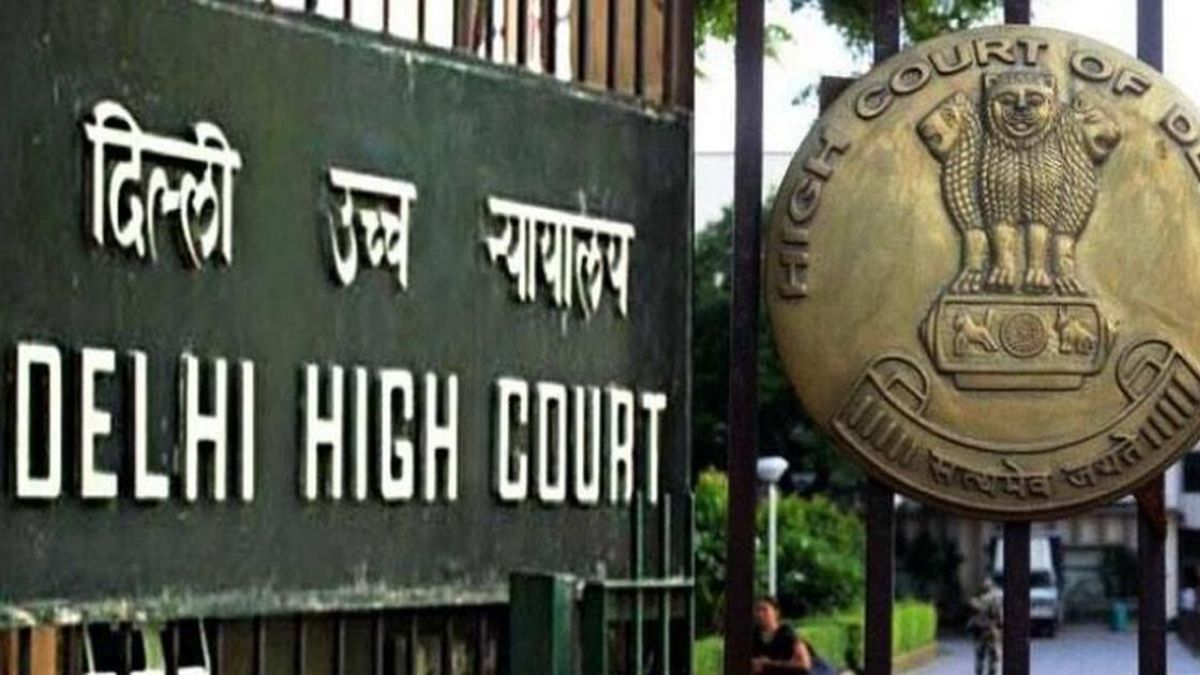
While granting relief to CBIC officer named Anish Gupta, the Delhi High Court in an extremely learned, laudable, landmark and latest judgment titled Anish Gupta vs Union of India in J-1 W.P. (C) 2267/2022, CM APPL. 6521/2022 (for Ad-Interim Relief), CM APPL. 10543/2022 (for additional documents) & CM APPL. 10544/2022 (Exemption) and J-2 W.P. (C) 2590/2022, CM APPL. 7398/2022 (Stay), CM APPL. 7399/2022 (Exemption) & CM APPL. 7400/2022 (Exemption) that was reserved on June 3, 2022 and then finally pronounced on July 5, 2022 has minced absolutely no words to hold most forthrightly that allowing disciplinary proceedings to continue ad infinitum would not only be highly prejudicial to an individual but is also destructive of the rule of law. Of course, this begs the moot question: Why should the disciplinary proceedings be allowed to continue ad infinitum? Also, it must be asked: How can the individual right to get speedy justice be held to ransom in the most arbitrary and whimsical manner?
To start with, this brief, brilliant, bold and balanced judgment authored by Hon’ble Mr Justice Siddharth Mridul for a Bench of Delhi High Court comprising of himself and Hon’ble Mr Justice Anoop Kumar Mendiratta sets the ball rolling from para 1 itself wherein it is put forth that, “The present Writ Petitions are in the nature of cross-petitions against the common order dated 29.07.2021, passed by the Central Administrative Tribunal (hereinafter referred to as “CAT”). Writ Petition No. 2267/2022 has been preferred by one Shri Anish Gupta against the Union of India and Ors. (hereinafter referred to as the “Petitioner”). Writ Petition No. 2590/2022 has been preferred by Union of India against the Petitioner herein. Since the facts and issues are common, both these petitions were heard together and are being disposed off by way of this common order.
BRIEF FACTS
(i) The Petitioner was serving as Officer on Special Duty (Legal at the Central Board of Indirect Taxes and Customs), when he was suspended on 21.08.2013.
(ii) He was served with a Departmental Charge Sheet/ Memorandum of Charge dated 16.07.2015, pursuant to an incident of July, 2013.
(iii) Admittedly no criminal investigation or prosecution was ever initiated or contemplated against the Petitioner.
(iv) Since the Departmental Inquiry, as contemplated under the extant rules did not commence within the stipulated time, the Petitioner filed OA 1396/2016 before the CAT praying for quashing the aforesaid Charge Sheet.
(v) Vide Order dated 13.05.2016, CAT granted the Respondent-Union of India, 04 (four) months time to complete the Disciplinary Proceedings arising from the subject Charge Sheet.
(vi) Since, the Union of India did not comply with the aforesaid directions; the Petitioner was constrained to file OA 3426/2016 before the CAT, seeking a declaration of closure of the said Charge Sheet. The Union of India admittedly did not file any application for extension of time.
(vii) The aforesaid OA 3426/2016 remained pending for a period of about 04 (four) years before the CAT and the Petitioner herein simultaneously was subjected to Disciplinary Proceedings. Despite this, vide an order dated 22.12.2020, CAT granted further extension of 06 (six) months to the Union of India to complete the proceedings, while granting liberty to the Petitioner to approach the Tribunal if the same was not competed.
(viii) Despite the efflux of almost 05 (five) years from the issuance of the Charge Sheet and the aforesaid grant of two extensions by the CAT, the Departmental Inquiry was still not completed.
(ix) Hence, in terms of the liberty granted by the CAT, the Petitioner filed MA No. 1880/2021 before the CAT for closure of Disciplinary Proceedings.
(x) The Union of India also caused to be filed MA No. 1879/2021 for further extension of time, but admittedly after the expiry of time granted to it by the Tribunal, vide the said Order dated 22.12.2020.
(xi) Vide the impugned Order dated 29.07.2021, the CAT has allowed the Petitioner’s MA No. 1880/2021 (for closure of the Charge Sheet) and rejected the Union’s MA No. 1879/2021 (for extension of time). The CAT further directed that the sealed cover qua the Petitioner be opened forthwith, and he be granted promotions at par with his juniors.
(xii) Subsequently, MA No. 3647/2021 was filed by the Petitioner seeking clarification/ modification of certain inadvertent errors that had crept in the order dated 29.07.2021.
(xiii) During the pendency of MA No. 3647/2021 before CAT, the Union of India filed W.P.(C) No. 2590/2022 before this Court and also opposed the said MA No. 3647/2021 pending before the Tribunal inter alia on the ground of challenge pending before this Court. Given the pendency of the Writ before this Court, the Petitioner withdrew his MA No. 3647/2021 pending before Ld. Tribunal to approach this Court, and accordingly filed W.P.(C) No. 2267/2022 before this Court.”
ISSUE:-
As things stand, the Bench then observes in para 7 that, “Thus the primary issue that arises for our consideration in these proceedings, is whether the Union of India was entitled for further extension of time as prayed for by it before the CAT. If the answer to the above is in the negative; what then would be the consequences of such a rejection.”
ANALYSIS
To be sure, the Bench then lays bare in para 8 that, “We have given our thoughtful consideration to the submissions canvassed across the Bar as well as perused through the relevant documents placed on the record. We are of the considered opinion that the Petitioner’s Writ Petition must succeed for the reasons elaborated hereinbelow.”
While citing the relevant case law, the Bench then fortifies its stand by mentioning in para 9 that, “In Prem Nath Bali (supra), a case with facts analogous to the present Petition, the Hon’ble Supreme Court held that :-
“28. Keeping these factors in mind, we are of the considered opinion that every employer (whether State or private) must make sincere endeavour to conclude the departmental enquiry proceedings once initiated against the delinquent employee within a reasonable time by giving priority to such proceedings and as far as possible it should be concluded within six months as an outer limit. Where it is not possible for the employer to conclude due to certain unavoidable causes arising in the proceedings within the time frame then effort should be made to conclude within the reasonably extended period depending upon the cause and the nature of the enquiry but not more than a year.” [Emphasis Supplied].”
As an aside, the Bench then states in para 10 that, “Immediately thereafter, the Central Vigilance Commission (CVC) issued a Circular dated 18.01.2016 containing instructions to comply with the said directions of the Hon’ble Supreme Court in all Disciplinary Proceedings including those involving CBI investigations, in Prem Nath Bali (supra).”
Quite rightly, the Bench then states in para 11 that, “In view of the foregoing, the Petitioner’s contention that the Respondent-Union of India has failed to abide by the dicta of the Hon’ble Supreme Court in Prem Nath Bali (supra) as well as the CVC Circular, ex-facie carries force.”
As we see, the Bench then discloses in para 12 that, “The Respondent-Union of India has sought to urge that the Petitioner’s reliance on Prem Nath Bali (supra) is misplaced as the said judgment is per incuriam and was rendered only in the peculiar facts of the case. It is urged that the ratio thereof is mere obiter. It was further submitted that the Circular dated 18.01.2016 issued for following the said precedent of the Hon’ble Supreme Court in Prem Nath Bali (supra) is also merely directory and compliance thereof is not mandatory.”
Be it noted, the Bench then specifies in para 13 that, “We cannot commend ourselves to accept the aforesaid contentions. The Respondent- Union of India has not placed any material to show that the said judgment is per incuriam, as asseverated. A mere ipse dixit, or a bald assertion cannot a fortiori render a judgment of the Apex Court as per incuriam.”
Quite forthrightly, the Bench then holds in para 14 that, “Under Article 141 of the Constitution of India, the law laid down by the Apex Court is binding on all Courts throughout the territory of India. We too are bound by the judicial discipline of Article 141 of the Constitution of India and the principle of stare decisis. We cannot, in law and the facts attendant, declare the judgment of the Hon’ble Supreme Court as per incuriam. On the contrary, once it is discernible that the said judgment of the Supreme Court is applicable to the facts of this case, we are duty bound to de rigueur apply the same.”
No doubt, the Bench has a valid point when it observes in para 15 that, “Even if the CVC Circular is arguendo assumed to be directory and not mandatory- as sought to be canvassed by the Respondent — there must exist cogent, persuasive and compelling reasons for noncompliance or non-adherence of the same. The Respondent cannot merely decide not to comply with the CVC circular, without persuasive and tenable reasons, as such a course of action would not only be impermissibly capricious and arbitrary action on the part of the Respondent but also render the said CVC circular as nugatory rather than merely directory as contended.”
Needless to say, the Bench then states in para 16 that, “The facts of the present case also do not provide for any scope to grant any indulgence to the Respondent. It cannot be said that the Respondent did not receive ample opportunities to conclude their Departmental Proceedings. An authority must be strictly held to the standards by which it professes its conduct to be judged.”
While elaborating on the sequence of events, the Bench then enunciates in para 17 that, “The following dates shed light on the cavalier and casual manner in which the Respondent has sought to pursue the proceedings against the Petitioner herein :-
(i) 21.08.2013 : Petitioner was suspended, while contemplating Disciplinary Proceedings against him.
(ii) 12.02.2015 : The suspension was revoked on this day.
(iii) 16.07.2015 : The Departmental Charge Sheet was issued and served upon the Petitioner after a further 5 month delay.
(iv) 31.07.2015 : Reply was submitted promptly by the Petitioner.
(v) 04.03.2016 : For 08 months thereafter, no Inquiry Officer was appointed, when the time prescribed limit is only 15 days.
(vi) 18.04.2016 : The Petitioner challenged the Departmental Charge Sheet vide OA 1396 of 2016 before the CAT.
(vii) On 13.05.2016, the first CAT Order was passed, directing the Respondent to complete the inquiry within 04 (four) months.
(viii) On 03.10.2016, after expiry of the said period of 04 (four) months, an OA 3426/2016 was filed by the Petitioner seeking closure of the impugned proceedings, on the ground of the enquiry not being completed within the time stipulated by the CAT, vide order dated 13.05.2016.
(ix) Vide order dated 22.12.2020, the OA pending before the CAT for more than four years whilst the inquiry proceedings continued, but were not completed during this long further period of more than four years; the CAT disposed off the same and granted further time of 6 (six) months to the Respondent to complete the Disciplinary Proceedings.”
As anticipated, the Bench then maintained in para 18 that, “Thus, the CAT was extremely generous in granting two extensions to the Respondent-Union of India, vide Order dated 13.05.2016 for 04 (four) months, and another after more than four years, vide Order dated 21.12.2020 granting further extension for 06 (six) months. The Respondent has evidently received a time period of more than 05 years, which is many times more than the time period contemplated under the dicta of the Hon’ble Supreme Court in Prem Nath Bali (supra) and the CVC circular; for completion of the Departmental Proceedings; and yet failed to conclude the said proceedings.”
Most significantly, the Bench then minces absolutely no words to hold clearly in para 23 that, “There is no gainsaying the legal position that the Disciplinary Proceedings cannot continue ad infinitum. Allowing such proceedings to continue ad infinitum would not only be highly prejudicial to the Petitioner herein but destructive of the Rule of Law. The Respondent-Union of India, being a ‘State’ under Article 12 of the Constitution is bound to act in a fair non-discriminatory, reasonable and non-capricious manner. The conduct of the Respondent in the facts of the present over a long period of 05 years and not merely on one two dates of hearing, disentitles it for any discretionary relief of extension of time.”
No less significant is what is then stated aptly in para 24 that, “Once the application for extension of time to complete Disciplinary Proceedings filed by the Respondent was rejected, the Disciplinary Proceedings did not survive and all steps taken subsequent thereto by continuing the Disciplinary Proceedings were manifestly arbitrary, illegal and non-est in the eyes of law.”
It cannot be lightly dismissed that the Bench then maintains in para 25 that, “The contentions on behalf of Union of India regarding the Petitioner not cooperating in completion of Disciplinary Proceedings after the impugned Order dated 29.07.2021 are mere bald assertions averments and do not warrant acceptance by us.”
Quite frankly, the Bench then points out in para 26 that, “Had the extension to continue disciplinary proceedings been granted, there was no question of opening sealed cover in terms of K.V. Janakiraman (supra). However, axiomatically, the application for extension of time was categorically rejected. Hence, the direction to open sealed cover cannot be faulted with.”
For sake of clarity, the Bench then in its best wisdom seeks to clarify in para 27 that, “It is not in dispute that no other Disciplinary Proceedings were contemplated against the petitioner. The use of the words “the pendency of any disciplinary proceedings” in para 6, and observation in Para 7 of the order impugned before us, to the effect that benefits thereunder “shall be subject to the outcome of the disciplinary proceedings” appear to be wholly unwarranted and have created unnecessary anomaly, warranting interference therewith in the instant petition. The aforesaid limited and apparent error of CAT has caused unnecessary prejudice to the petitioner and resultantly in the interest of justice, the said unwarranted words are required to be eschewed from the said para 6 and 7 of the impugned common Order.”
CONCLUSION
Most forthrightly, the Bench then holds in para 28 that, “For the foregoing reasons, we hold:-
(i) That the CAT had rightly rejected the request of the Respondent for extension of time for completion of Departmental Proceedings. Consequent to such rejection, the Departmental Proceedings stood lapsed. As a further Consequence, the direction given by the CAT to open the sealed cover and to consider the Petitioner for promotion cannot be faulted with.
(ii) Accordingly, in the above peculiar facts and circumstances, the Writ Petition filed by the Union of India bearing W.P.(C) No. 2590/2022, assailing the rejection of their application for extension of time has no merit and it is hereby dismissed.
(iii) The Writ Petition filed by the Petitioner herein bearing W.P. (C) No. 2267/2022 is allowed in the aforesaid terms. The proceedings arising from the Departmental Charge Sheet dated 16.07.2015 no longer survive and stand closed. All consequential proceedings will also terminate and be considered non-est ab initio. The Petitioner must therefore be given all consequential benefits, including the necessary promotions at par with his juniors, within 04 weeks of the receipt of this judgment.”
Finally, the Bench then concludes by holding in para 29 that, “All the pending applications stand disposed of. No order as to costs.”
In sum, we thus see that the Delhi High Court has made it indubitably clear that the disciplinary proceedings continuing ad infinitum would be destructive of the rule of law. So there can certainly be no justification for such proceedings to dilly dally on one pretext or the other. Also, there can be no gainsaying that they must be concluded at the earliest and not at the latest. We thus see that in this leading case the Delhi High Court very rightly grants relief to CBIC officer named Anish Gupta.
Most significantly, the Bench then minced absolutely no words to hold clearly in para 23 that, “There is no gainsaying the legal position that the Disciplinary Proceedings cannot continue ad infinitum. Allowing such proceedings to continue ad infinitum would not only be highly prejudicial to the Petitioner herein, but destructive of the Rule of Law. The Respondent-Union of India, being a ‘State’ under Article 12 of the Constitution is bound to act in a fair non-discriminatory, reasonable and non-capricious manner.”
